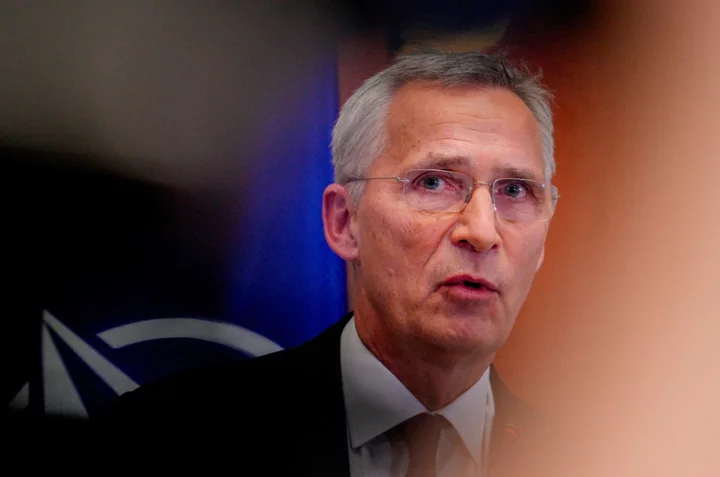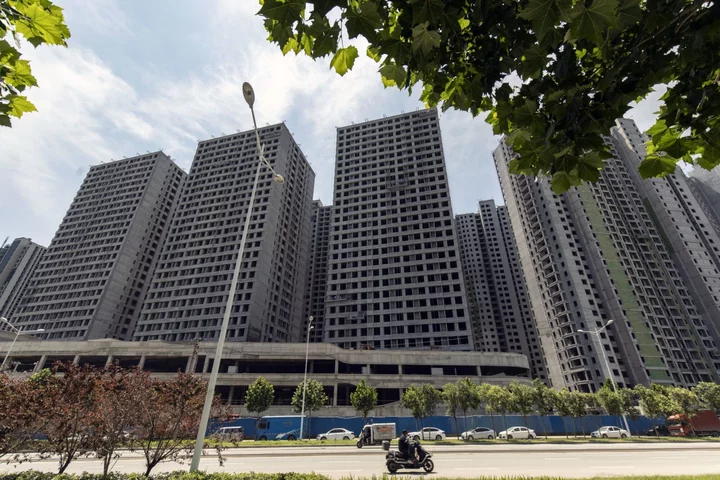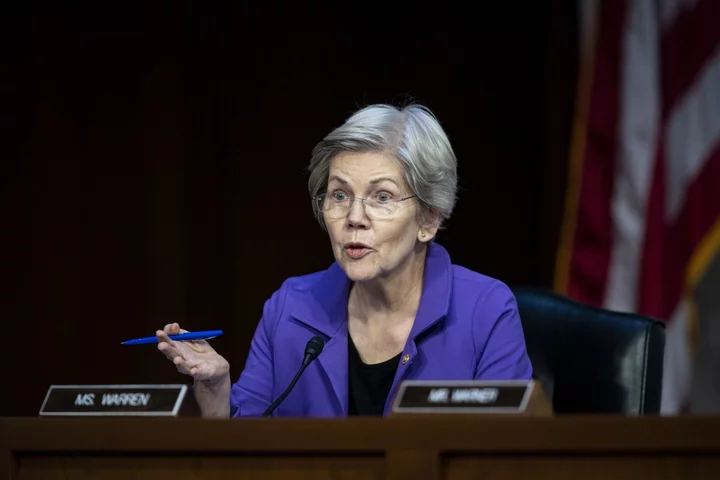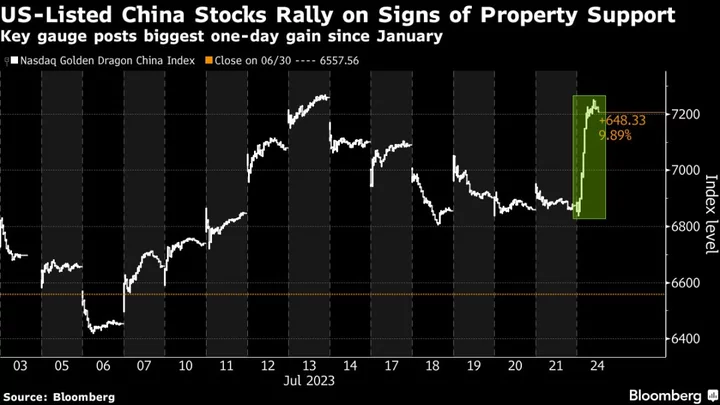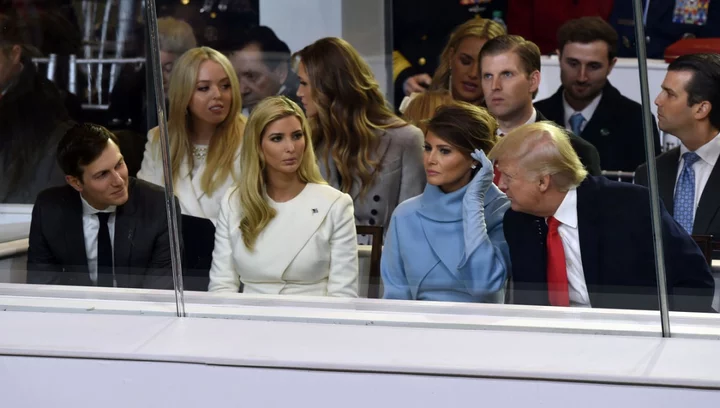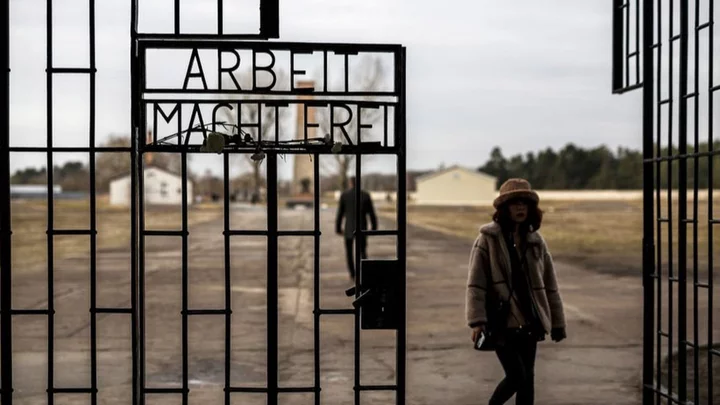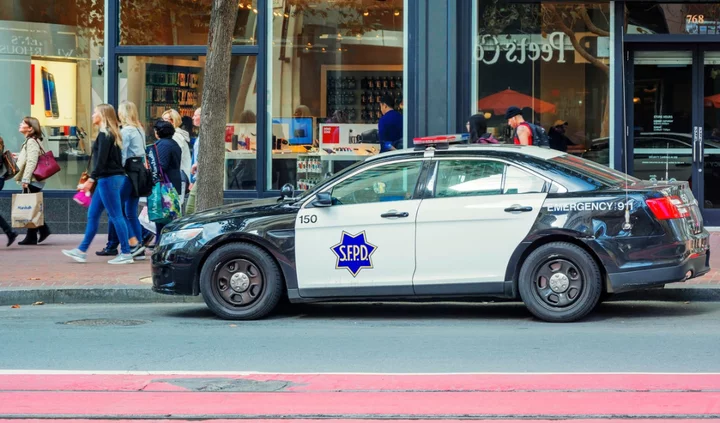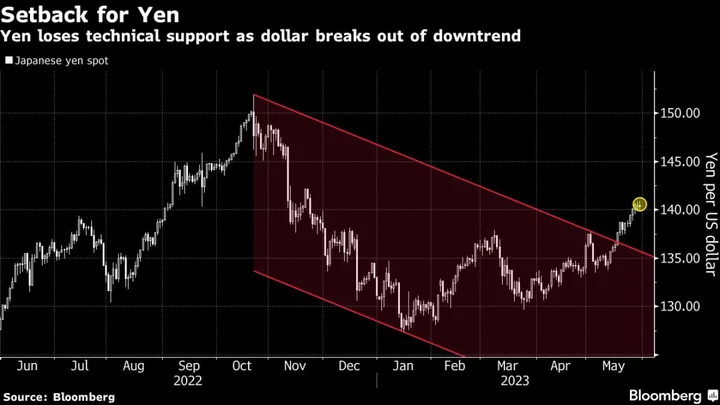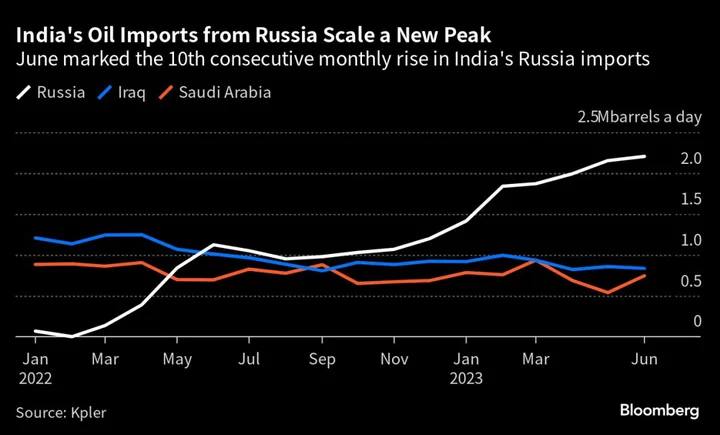Nato secretary general Jens Stoltenberg said Russia must not be allowed to “continue to take pieces of Ukraine” as he backed arming Kyiv to give it an upperhand during negotiations.
“The stronger Ukraine is on the battlefield, the stronger they will be at the negotiating table. And when the war does end, we must ensure that history does not repeat itself. That Russia does not continue to take pieces of Ukraine,” the Nato chief said on Tuesday at the 75th Nordic Council in Oslo.
“Russia has lost. It has lost tens of thousands of soldiers. It has lost large amounts of military material. And it has lost political influence and is increasingly isolated,” Mr Stoltenberg said.
“The invasion of Ukraine is a strategic defeat for Russia.”
He said the world feared Kyiv would fall in just a few days after Russia invaded Ukraine in February last year.
“Instead, the Ukrainians have liberated their land. Reclaiming half of the land that Russian forces took when they invaded last year,” he said.
The war is now nearing its second winter as Ukraine launched a months-long counteroffensive.
In a renewed confirmation of Kyiv’s place in the military alliance, Mr Stoltenberg said “all Nato countries agree that Ukraine should become a member of Nato”.
The top official has constantly batted for Ukraine’s security and protection by means of military and financial aid during the war.
Last month, Mr Stoltenberg said Russia’s invasion was a reminder of the important role Nato’s nuclear weapons played in deterring aggression.
He had also clapped back against recent criticism of the “slow” counteroffensive action from Ukrainian troops and pointed out that the number of mines Ukraine has encountered on the battlefield are at a historic high.
“The starting point is that the Russian army used to be the second strongest in the world. And now the Russian army is the second strongest in Ukraine. That’s quite impressive by Ukrainians,” he said.
“No one ever said that this was going to be easy,” Mr Stoltenberg had told lawmakers at the European parliament earlier in August. “Hardly any time in history we have seen more mines on the battlefield than we are seeing in Ukraine today. So it was obvious that this was going to be extremely difficult.”
The frontline in the 20-month-old war has remained largely unchanged, barring a few Ukrainian reclamations of villages and settlements after Kyiv’s counteroffensive went into action in June this year.
Russian forces have geared up for fresh attacks in different sections of the front, but are suffering heavy losses.
A majority of the fighting is concentrated in eastern and southern Ukraine, with Russian forces trying to reclaim Avdiivka town that was captured by Kyiv recently.
Read MoreHow much money does the US give to Israel, and is there more to come?
Live updates | Gaza is plunged back into a communication blackout
Family of nine shot dead as they slept in Russian-occupied Ukrainian town
If Putin dies, this is what would happen in Russia
Zelensky says Ukraine’s Black Sea assault ‘will go down in history’
Ukrainian troops advance as Putin air defences ‘struck in Crimea’ - latest

